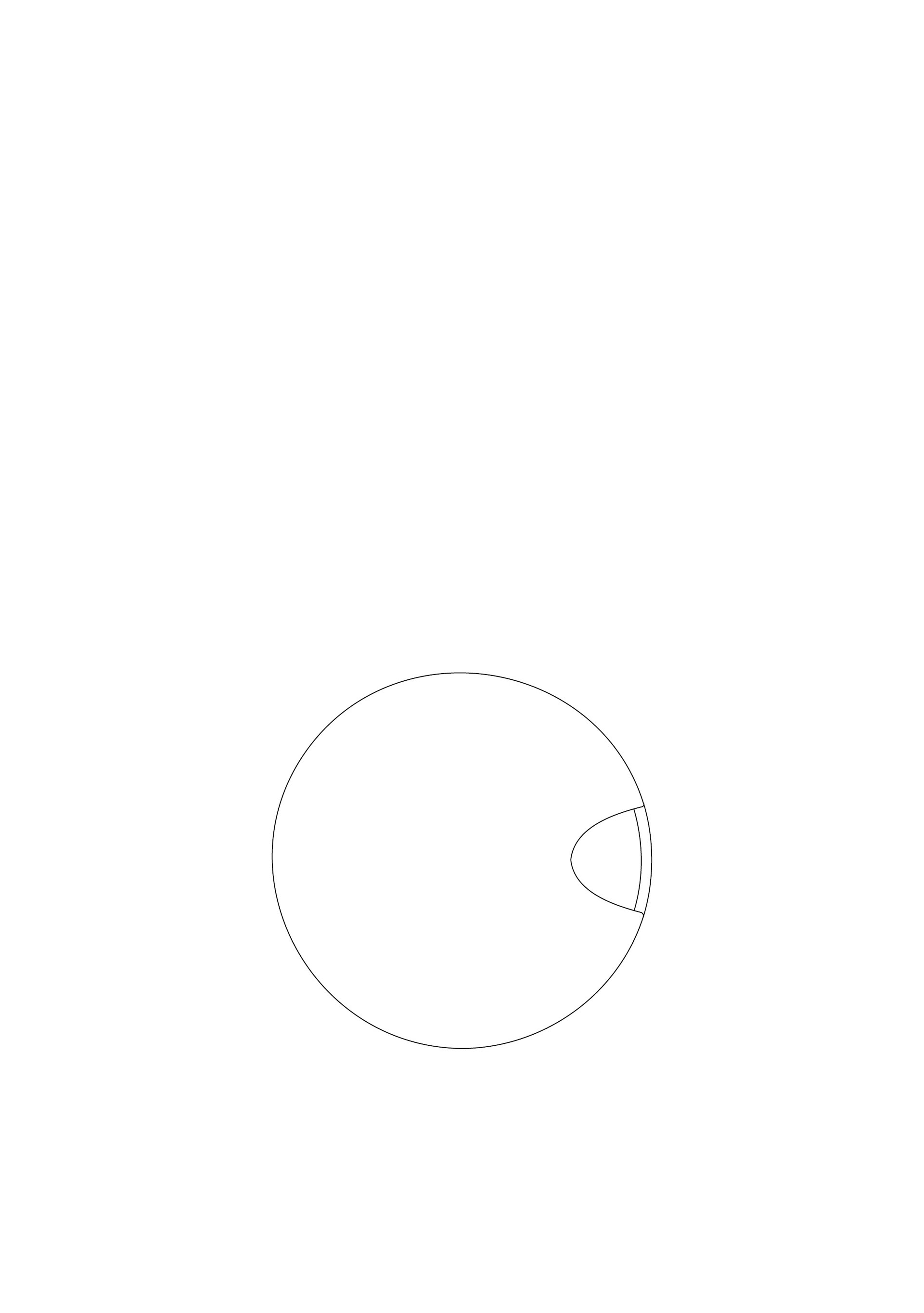Unwhite questions the relationship between society‘s aesthetic preferences for white porcelain and our responsibility towards our environment.
This master‘s thesis is the practical result of a theoretical and critical examination of design rules, the concept of a supposedly good taste and the theory of aesthetic disobedience by design philosopher Mara Recklies. The concept of taste still fulfils an exclusionary and delimiting function today. Closely linked to power hierarchies, inequalities are maintained and consolidated through canonised taste preferences. This problem spectrum is barely questioned and is continued in design rules that are still constitutive for the self-understanding of design today. In these rules, good design and legitimate taste are often dictated with a universal claim. The theory of aesthetic disobedience is a critical design theory that questions the idea of universal aesthetics in design. For example, where does the fixation on the colour white in design come from and why does a material like porcelain have to remain bright white? Unwhite arose from the question: Can design get more sustainable by rethinking aesthetic conventions? Kaolin, one of the three components of porcelain, is increasingly contaminated with iron. During firing, additional gas is often added to the kiln to reduce the oxygen and prevent the iron from oxidising only to ensure that the porcelain is pure white and not minimally less white or a different white. The contamination in the kaolin is only a result of the gradual exhaustion of our resources. So why should we not act responsibly and produce less white porcelain? Are our socially constructed aesthetic preferences really more important than our environment? Unwhite plays with the narrative of what porcelain would look like if the massive extra energy input required to produce pure white porcelain was dispensed with. In this way, Unwhite is aesthetically disobedient. Unwhite shows that there is an opportunity for change even in subtlety.
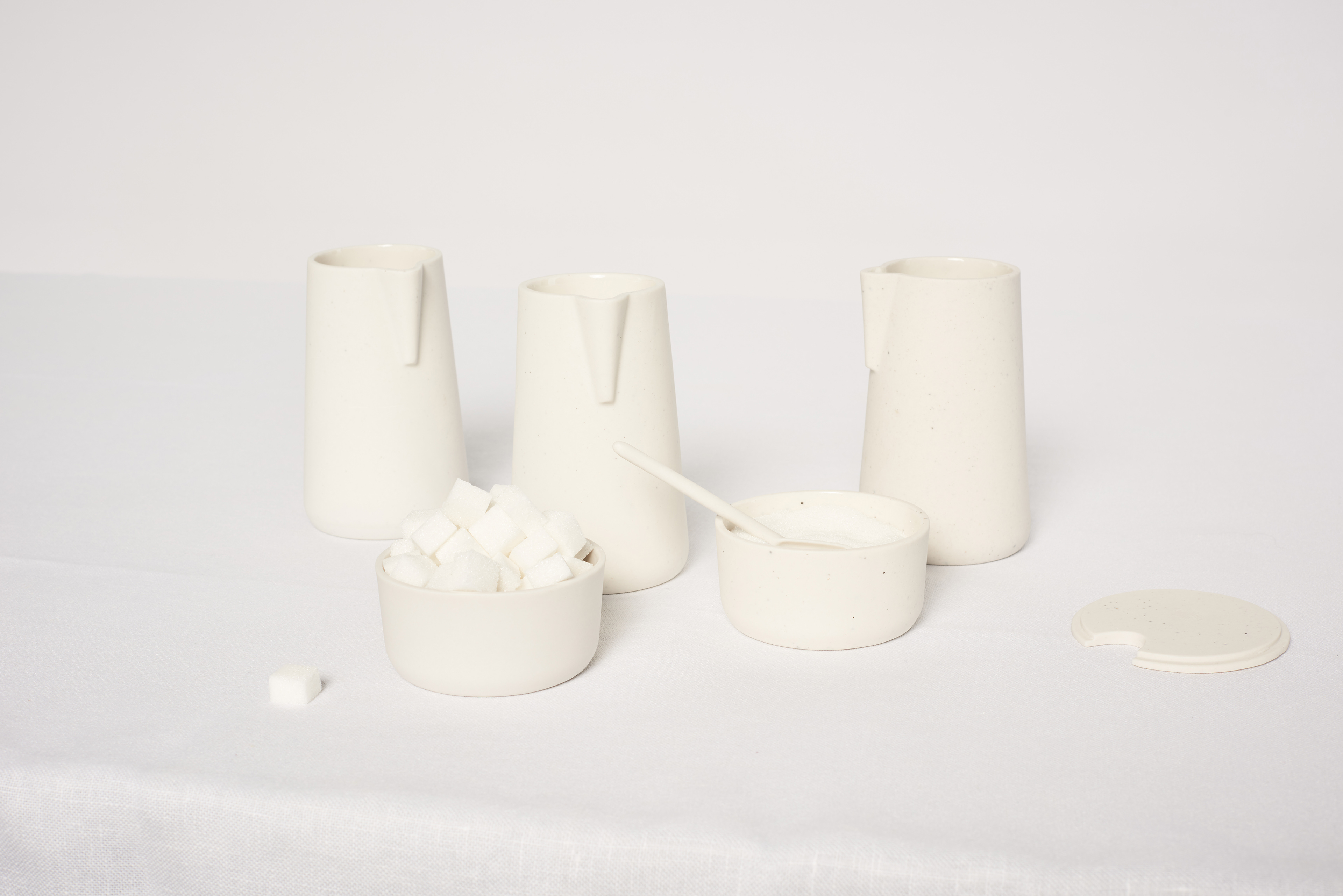
Foto: Leif Erik Schmidt
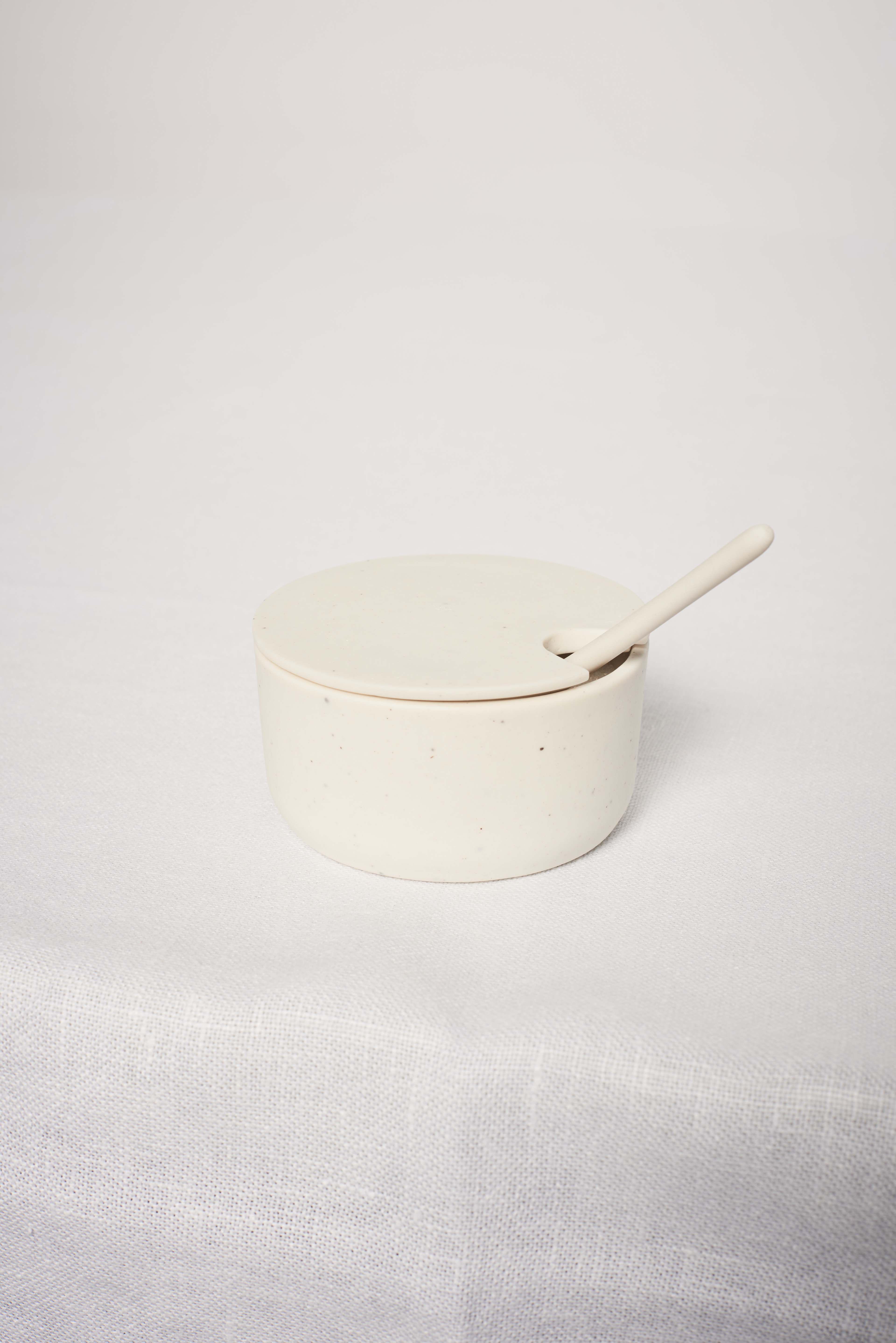
Foto: Leif Erik Schmidt
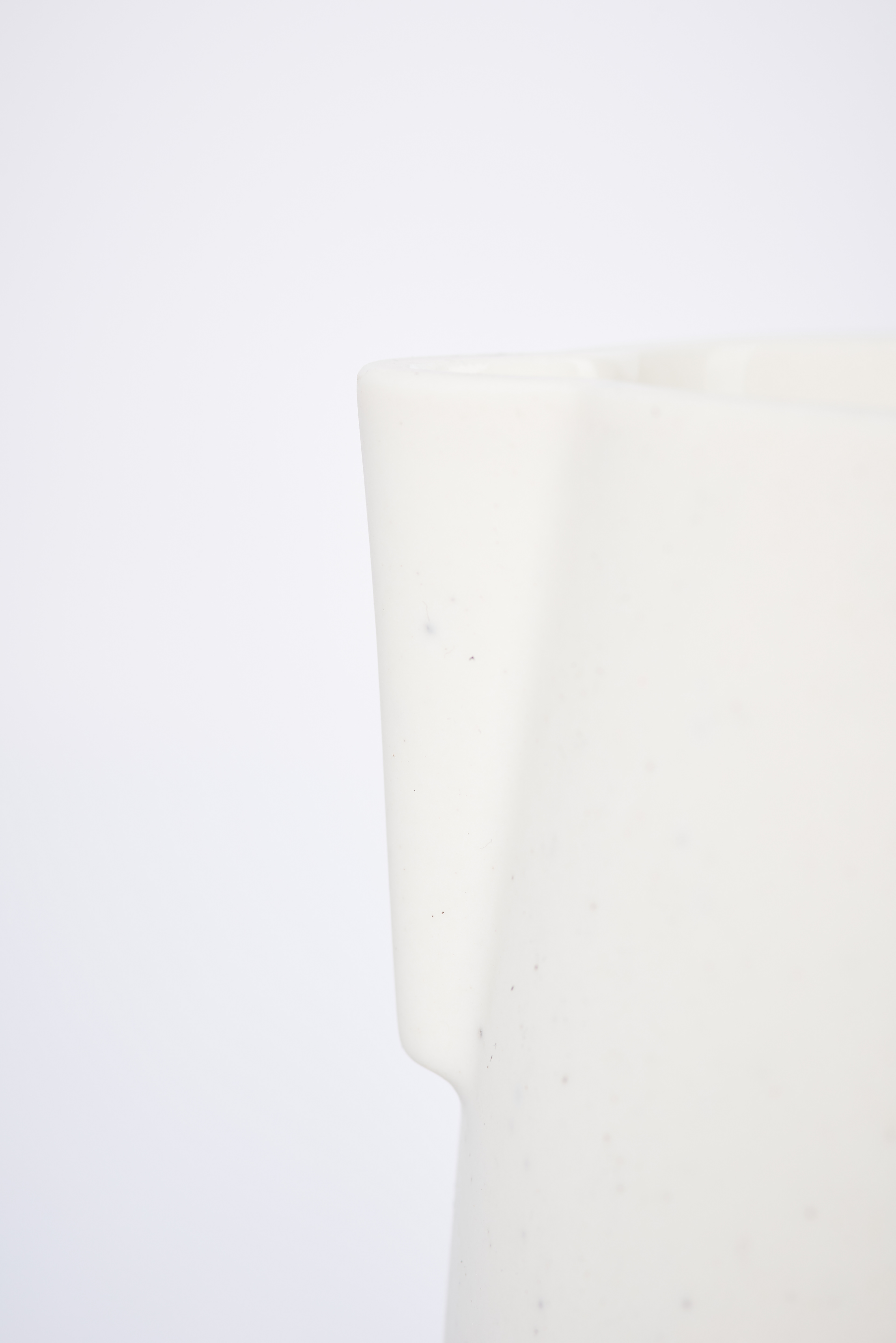
Foto: Leif Erik Schmidt
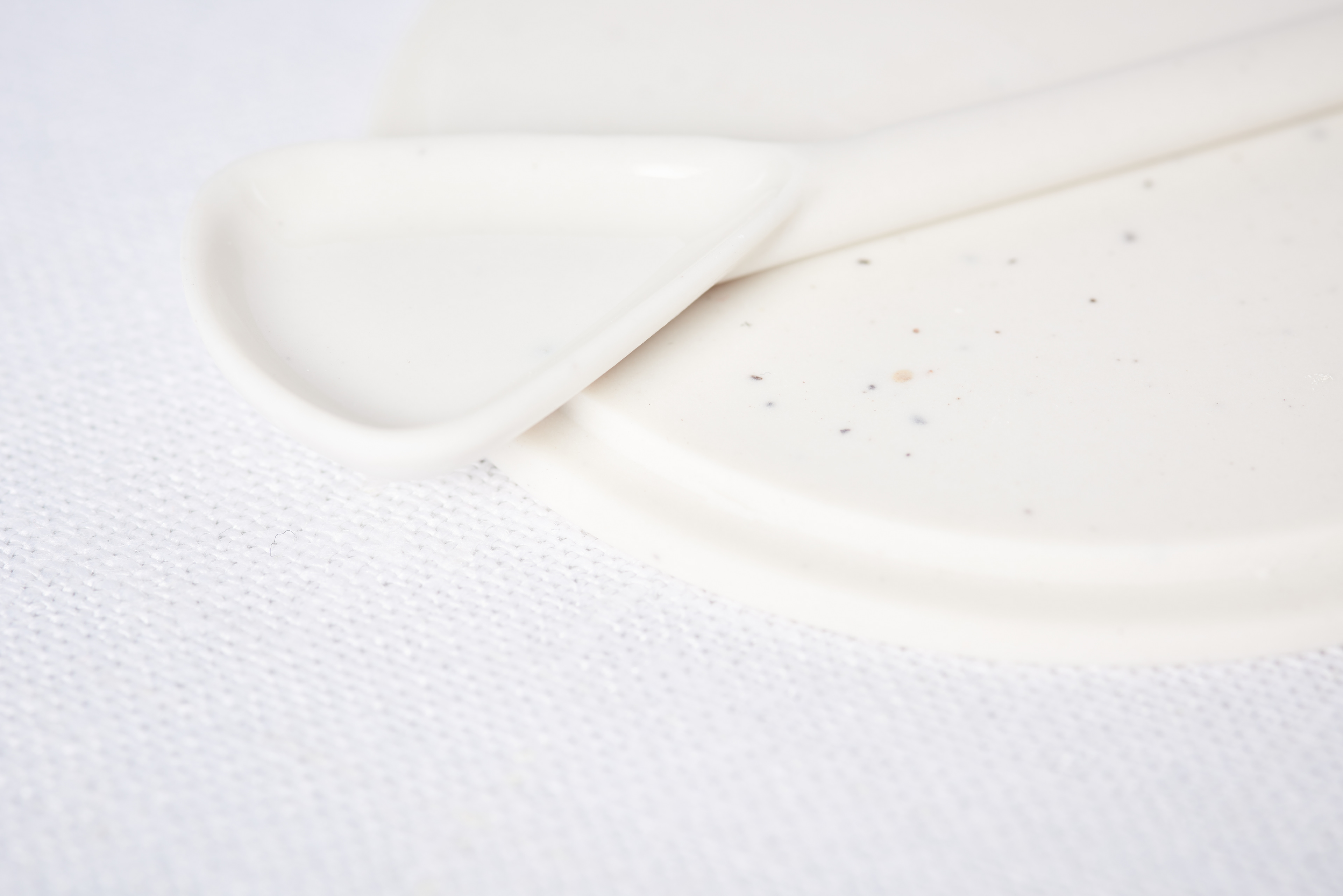
Foto: Leif Erik Schmidt
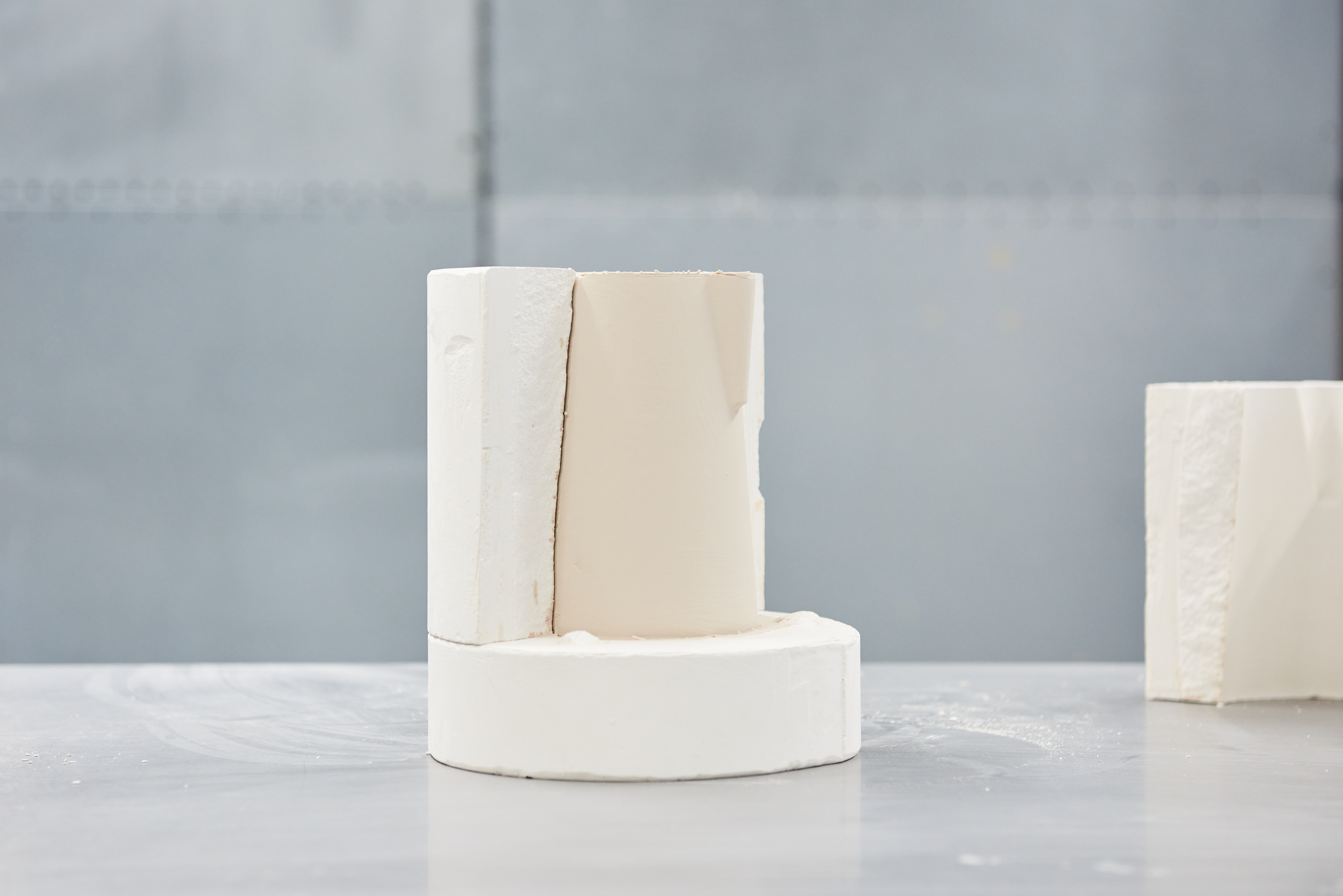
Foto: Leif Erik Schmidt
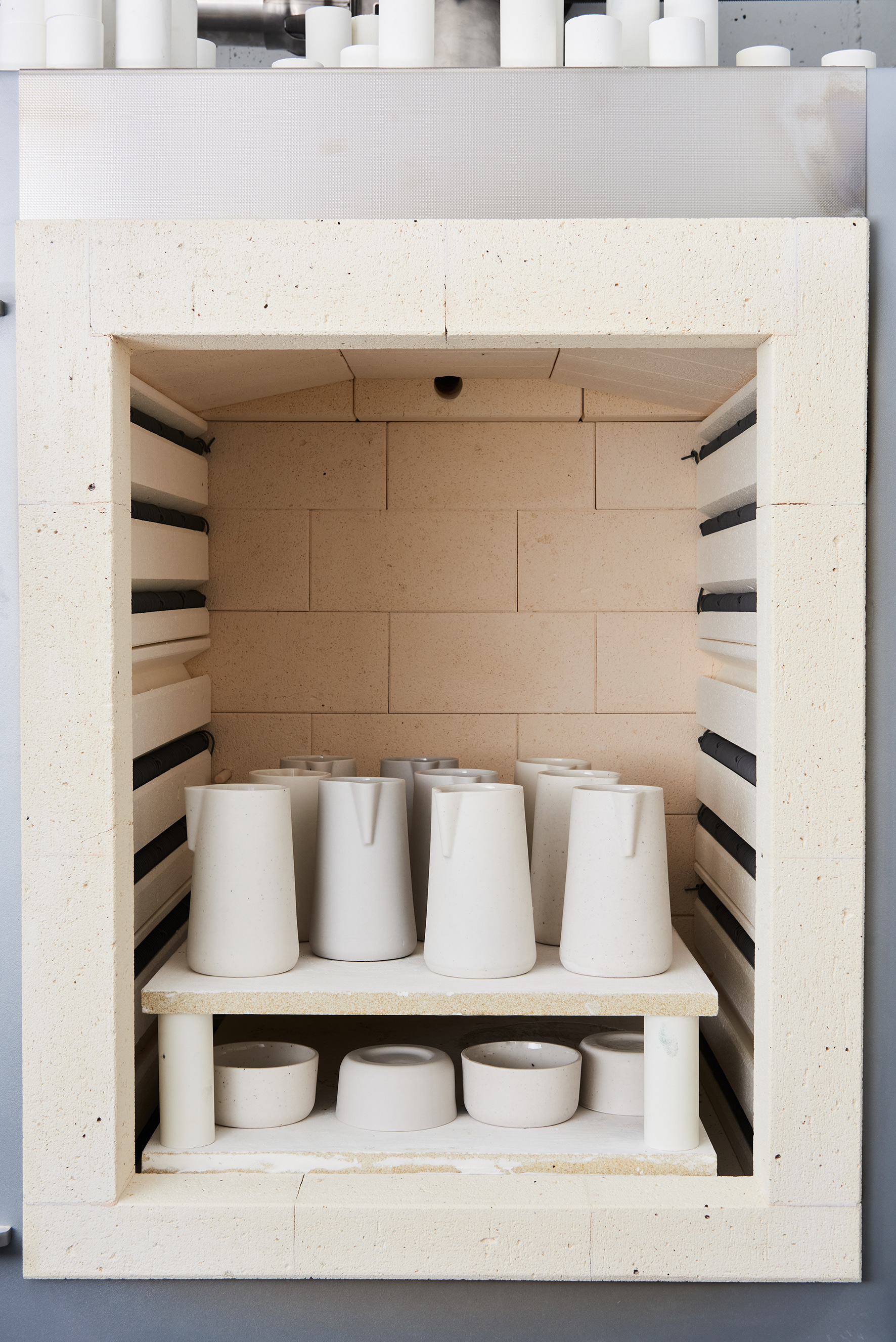
Foto: Leif Erik Schmidt



